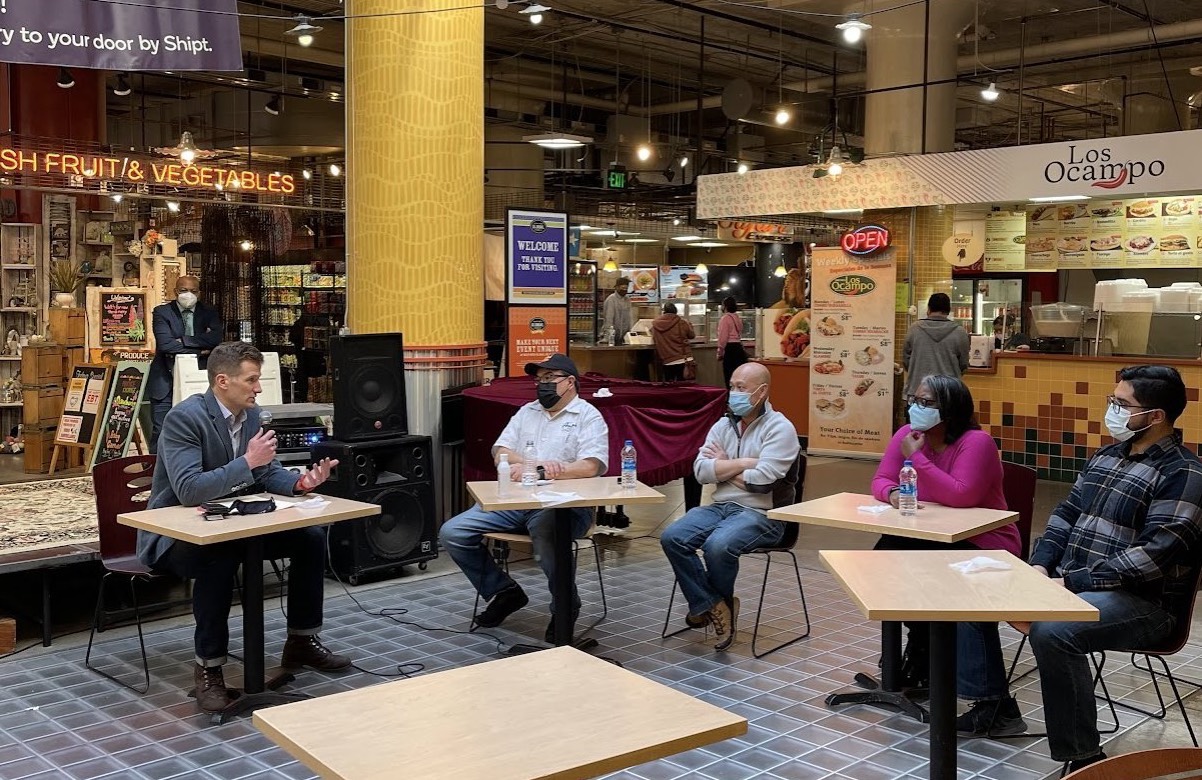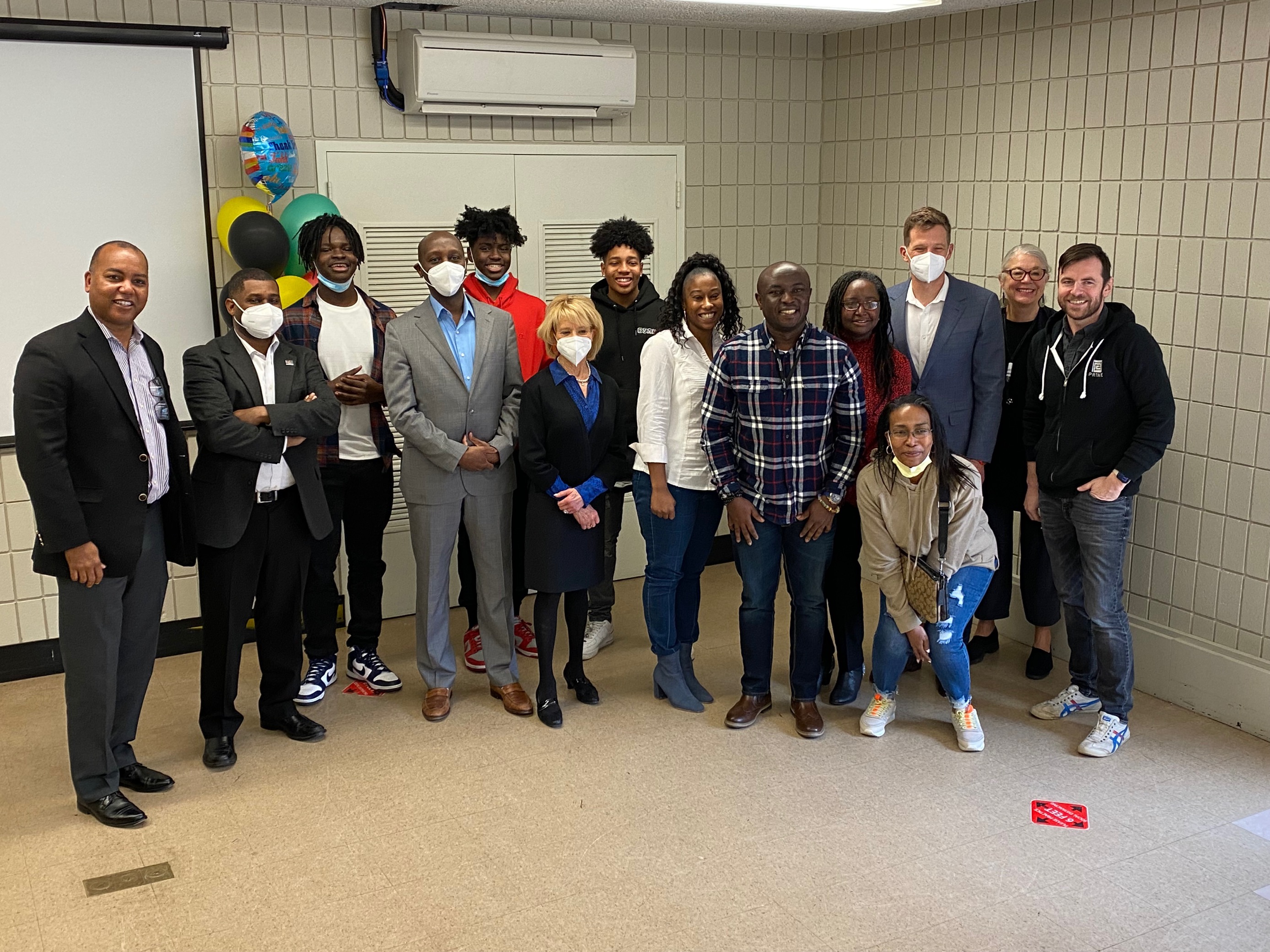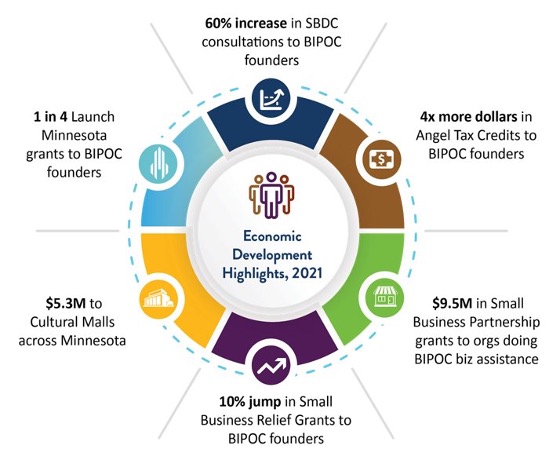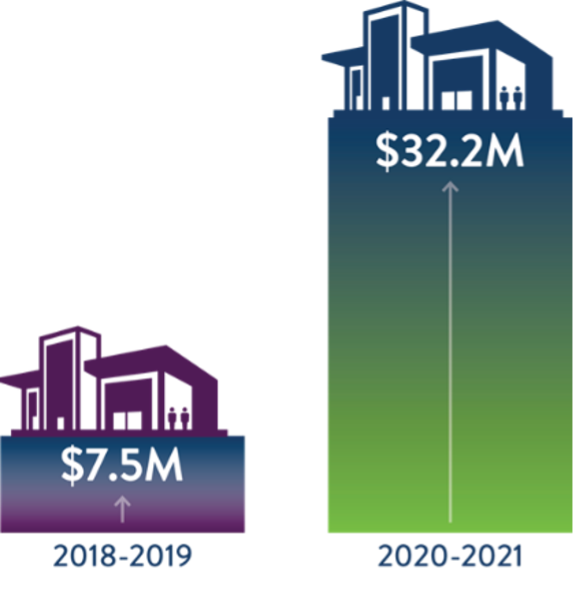3/31/2022 9:30:12 AM
Commissioner Steve Grove

Here at the Minnesota Department of Employment and Economic Development (DEED), we know systemic racial inequality is one of the biggest impediments to growth in our state. By so many measures, the disparities are stunning.
30% of American Indians and 27% of Black Minnesotans are living below the poverty line in our state, compared to 7% of white Minnesotans. When it comes to home ownership (one of the central factors in generational wealth), 76% of people in the white community own their own homes, while just 25% of Black Minnesotans are homeowners. And the COVID-19 pandemic led over two-thirds of all Black workers in our labor force - and over 60% of all American Indians – to apply for unemployment insurance, with 35% of people from the white community doing the same.
Those disparities just scratch the surface. Inequality is present in so many aspects of our state’s economy. Reversing these trends is vital to meeting our agency’s mission: to empower the growth of the Minnesota economy, for everyone.
Governor Walz and Lieutenant Governor Flanagan care deeply about inclusive economic growth and have encouraged us to meet this moment for racial equity in our economy, to build a stronger future for everyone.
That’s why DEED’s top goal in 2022 is to drive an economic comeback from the COVID-19 pandemic, focused on people and businesses who face systemic barriers to growth. We know progress toward racial equity doesn't require a single approach — it requires a holistic one.
To better organize our efforts at DEED, we’ve articulated our work on racial equity around five commitments:
Our work in each of these areas is very much in progress. We’ve got a lot of work to do. And “progress” has many variables, both within and outside of our control -- including legislative decisions and administrative actions. But we’re focusing on the things we can control, and we believe that the more transparent we are about our journey, the stronger our agency will be.
In that spirit, today we’re kicking off a series of blog posts on these five commitments to share our work with others — and hoping this approach will continue the conversation on how we can improve our agency.
First off, we’ll start with the most important commitment we can make – which is to drive dollars to targeted communities. 
Over the last three years, we’ve advocated for and built several programs that focus on businesses and workers of color, including:
Creating and advocating for targeted programs like these is one way we can better serve communities of color. But we also are working to ensure existing programs use a racial equity lens.
Here are some examples of strides we’re making toward equity in existing programs, in the last year in particular.

Through applying for federal grants and advocating for more workforce dollars with the legislature, we've significantly increased our workforce spending at DEED in the last three years. More workforce dollars help us support more organizations who work with job-seekers from Black and brown communities.
Working with the legislature, we’ve secured an increase of $18 million more workforce dollars for the next two years to workforce organizations who serve clients from Black and brown communities.
DEED also advocated for a funding surge during the pandemic for small businesses in BIPOC communities. In several emergency funding packages throughout the COVID-19 pandemic, DEED worked with community to secure more than four times the average funding levels for BIPOC businesses. These dollars went directly to small businesses in partnership with nonprofits and CDFIs.

Funding for BIPOC Small Businesses
The pandemic presented us with a crisis that demanded action for communities of color. Now, our focus is to make sustained progress in this area, which is why Governor Walz and Lt. Governor Flanagan’s Budget to Move Minnesota Forward includes several priorities at DEED focused on inclusive economic growth:
Driving these dollars is important because financial resources are at the root of racial inequality. But they aren’t the full story. In future blogs, we’ll outline our work in the other four commitments we’ve made so that DEED can continue making real progress on racial equity in Minnesota.
Economic Development
communities
workforce